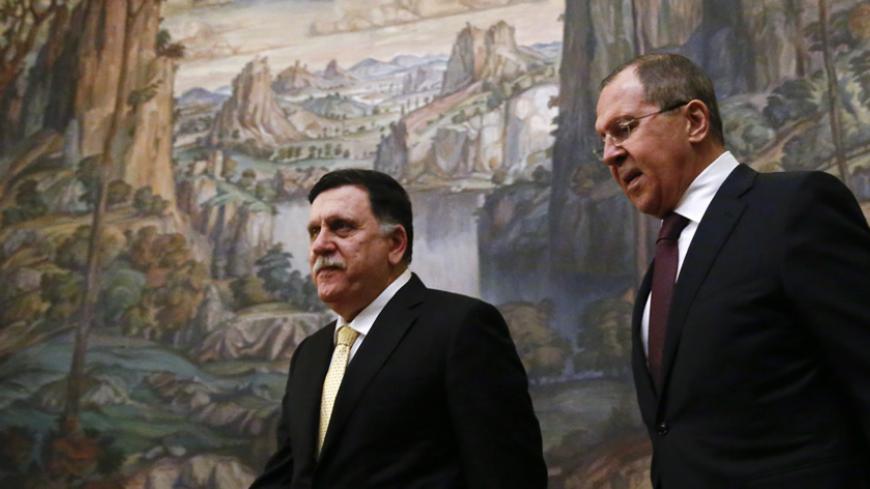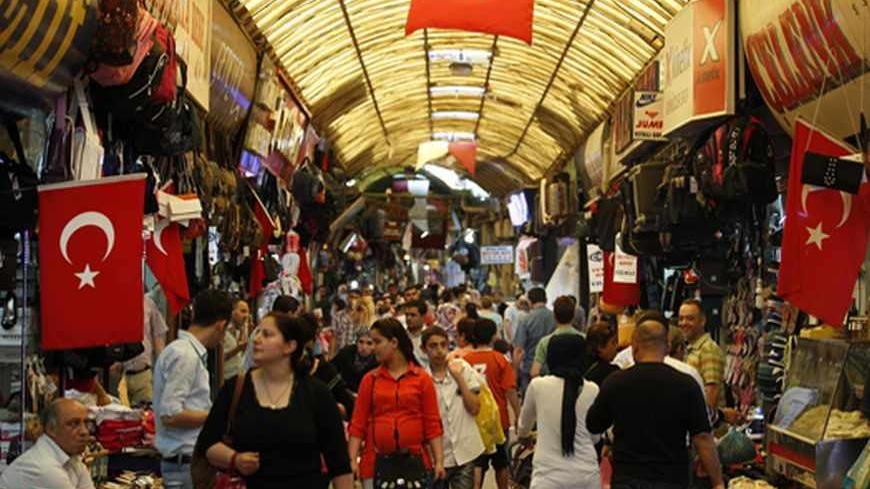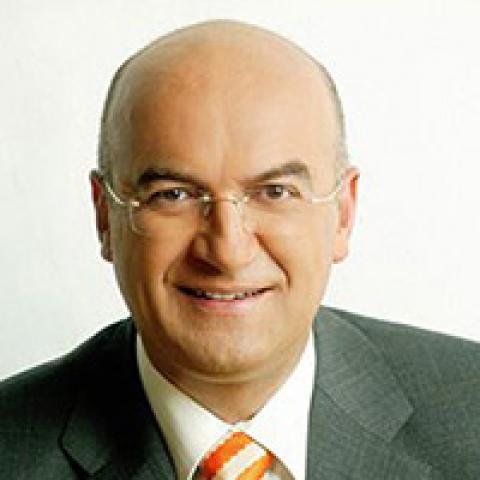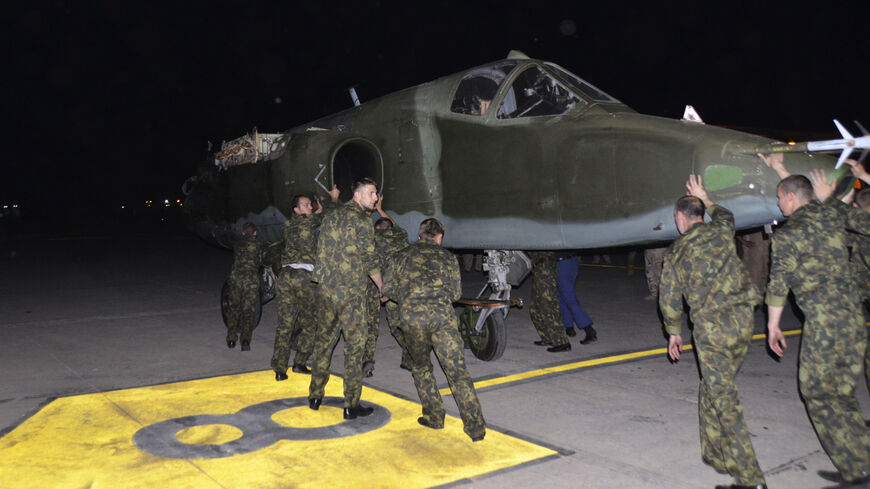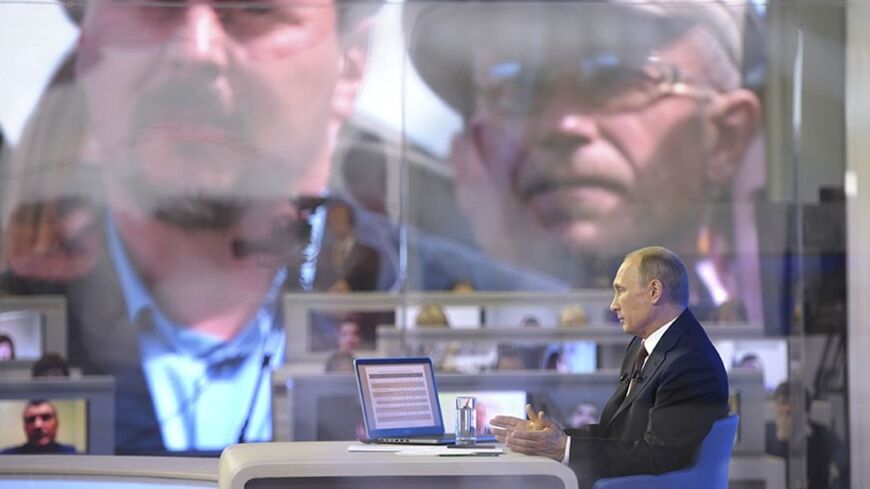Putin’s Muslim family values
Russian President Vladimir Putin considers his country’s Muslim citizens as a like-minded constituency in combating the perceived negative consequences of the encroachment of "Western" culture in the Middle East.
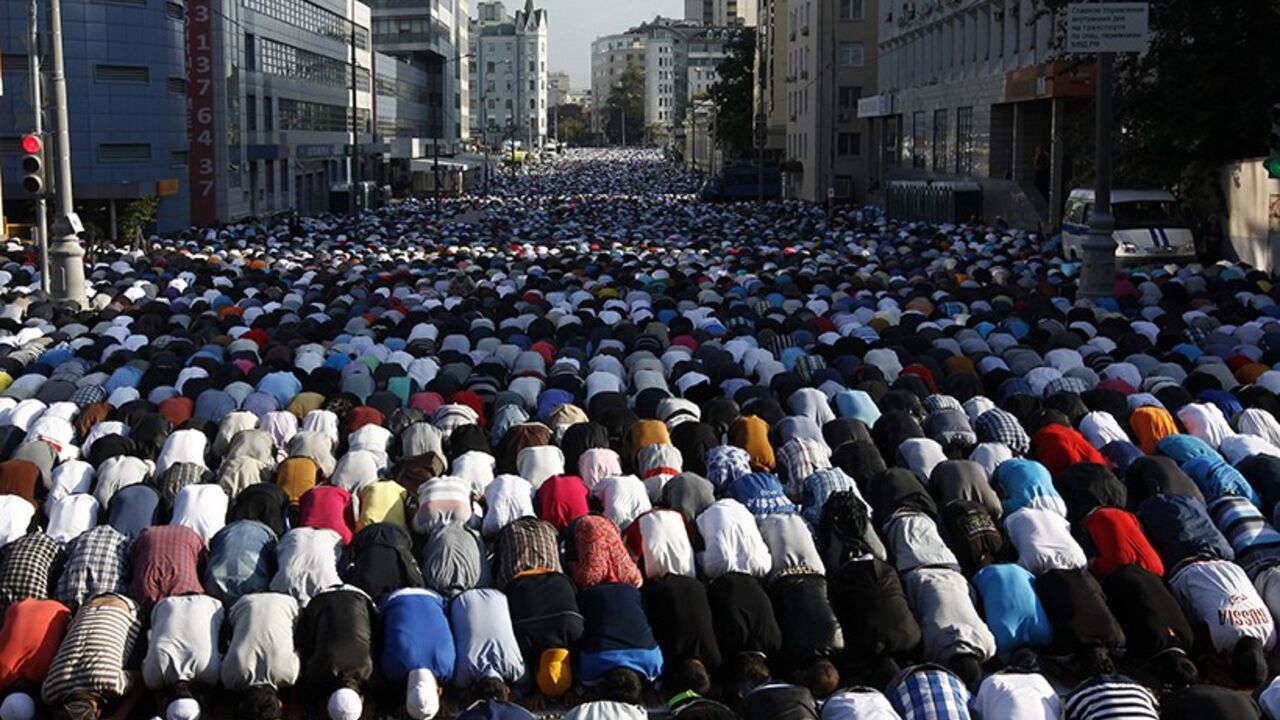
Outside observers typically consider Russia’s large Muslim population to be a great challenge for the country and its leadership. In the United States and Europe, many focus overwhelmingly on Russia’s violent Islamic extremists — a small minority among the country’s Muslims — and on Moscow’s wars in Chechyna and its ongoing domestic terrorism problem. Nevertheless, President Vladimir Putin appears to have a different view and may see not only challenges but opportunities, including in Russia’s diplomacy in the Middle East and elsewhere in the Islamic world.
When thinking about the world’s largest Muslim countries, few people would consider Russia to be among them. Nevertheless, in 2010 the Russian Federation had more than 16 million Muslim residents, making its Muslim population the 13th-largest. Outside the greater Middle East and South and Southeast Asia, only China has a bigger Muslim population; however, because China’s overall population is so large, it represents only 1.8% of the total, compared with 11.7% in Russia. Thus, while Beijing can afford to marginalize its Muslim population, Moscow cannot.



